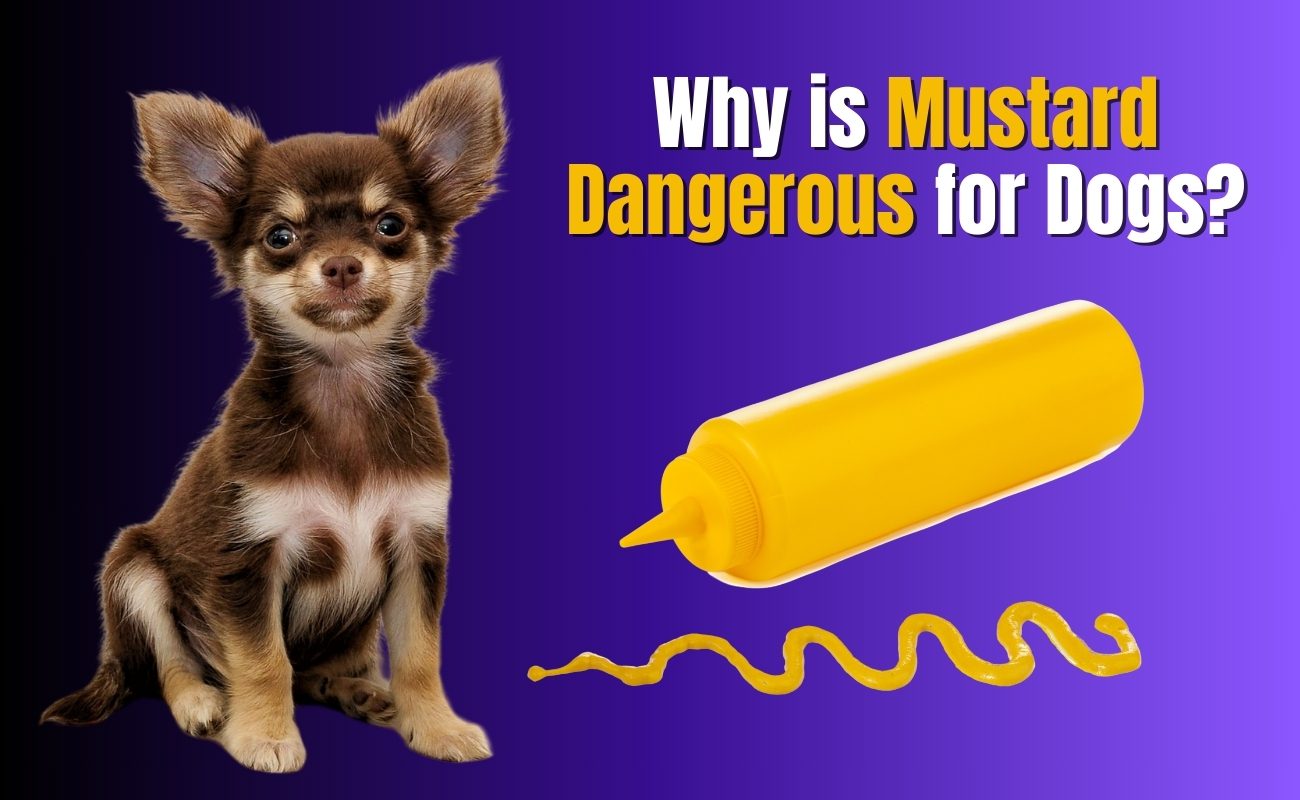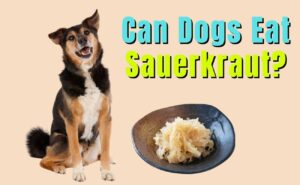Ever had a moment where your dog watches you intently while you’re eating something, hoping for a taste? Maybe you’ve seen those puppy eyes while squeezing mustard onto your hot dog. It’s tempting to share your food with your furry friend, but have you ever wondered if mustard is safe for dogs? In this article, we’ll explore whether dogs can have mustard and what you should do if your dog accidentally eats some. The truth might surprise you!
What is Mustard?
Before diving into whether dogs can eat mustard, let’s take a closer look at what mustard actually is. Mustard is a popular condiment made from the seeds of the mustard plant. It’s commonly used to add flavor to foods like sandwiches, hot dogs, and salad dressings.
There are several types of mustard, including yellow mustard, Dijon mustard, and whole grain mustard. Each type has a slightly different flavor and is made using different ingredients. For example, yellow mustard is made with mustard seeds, vinegar, water, and turmeric, which gives it its bright yellow color. Dijon mustard, on the other hand, is a bit spicier and is made with white wine.
Can Dogs Eat Mustard?
So, can dogs eat mustard? The short answer is no. Mustard is not safe for dogs to eat. While a small lick of mustard may not cause immediate harm, it’s not something you should intentionally give your dog.

Why is Mustard Dangerous for Dogs?
The main reason mustard is unsafe for dogs is due to its ingredients. Mustard seeds, which are the key ingredient in mustard, contain compounds that can be harmful to dogs. These compounds can irritate a dog’s digestive system and lead to problems like vomiting and diarrhea.
In some cases, mustard can even cause more serious issues. For example, large amounts of mustard seeds can lead to a condition called gastroenteritis, which is an inflammation of the stomach and intestines. This can be very uncomfortable for your dog and may require a visit to the vet.
Additionally, many mustard products contain other ingredients like garlic, onions, or spices that are also harmful to dogs. These ingredients can be toxic to dogs and cause serious health problems.
Safe Alternatives to Mustard
Just because mustard isn’t safe for dogs doesn’t mean you can’t give your dog a tasty treat. There are plenty of dog-friendly alternatives that you can offer instead.
Dog-Friendly Condiments
While it’s best to avoid giving dogs most human condiments, there are a few that can be safe in small amounts. For example, plain, unsweetened yogurt can be a tasty and safe treat for dogs. It’s important to check that the yogurt doesn’t contain any artificial sweeteners like xylitol, which is toxic to dogs.
Peanut Butter
Another popular dog treat is peanut butter. Many dogs love the taste of peanut butter, and it’s generally safe for them to eat. Just make sure to choose a peanut butter that doesn’t contain xylitol or added sugar.
Homemade Mustard-Flavored Treats
If you want to give your dog something that mimics the flavor of mustard without the harmful ingredients, you can try making a homemade dog treat. Here’s a simple recipe:
Ingredients:
- 1 cup of cooked, mashed pumpkin (pumpkin is safe for dogs and can be good for their digestion)
- 2 tablespoons of plain, unsweetened yogurt
- A small pinch of turmeric (for color and a mild flavor boost)
Instructions:
- Mix all the ingredients together in a bowl until well combined.
- Spoon the mixture into small, bite-sized molds or onto a baking sheet lined with parchment paper.
- Freeze for a few hours until solid.
- Serve the treats to your dog as a special snack!
These treats give your dog a fun, flavorful experience without any of the risks associated with real mustard.
Conclusion
To sum it up, mustard is not a safe food for dogs. The ingredients in mustard, particularly mustard seeds, can cause digestive problems and other health issues. If your dog accidentally eats mustard, it’s important to monitor them closely and contact your vet if you notice any symptoms.
As a pet owner, it’s always a good idea to be cautious about what you feed your dog. While it can be tempting to share your food with your furry friend, some human foods are best left on your plate. Instead, stick to dog-friendly treats and foods that are safe for your dog to enjoy.









